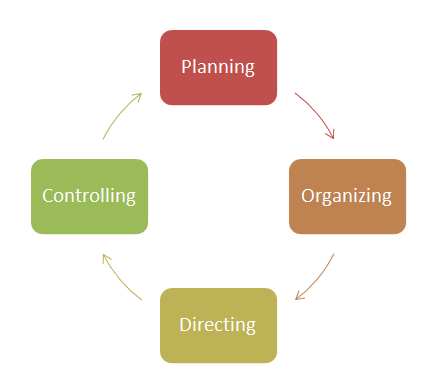Henry Mintzberg Power Game
As a manager, you probably fulfill many different roles every day. For instance, as well as leading your team, you might find yourself resolving a conflict, negotiating new contracts, representing your department at a board meeting, or approving a request for a new computer system. Put simply, you're constantly switching roles as tasks, situations, and expectations change. Management expert and professor Henry Mintzberg recognized this, and he argued that there are ten primary roles or behaviors that can be used to categorize a manager's different functions. In this article and video, we'll examine these roles and see how you can use your understanding of them to improve your management skills. Use Mintzberg's Management Roles to improve your understanding of the roles played by all managers. The Roles Mintzberg published his Ten Management Roles in his book, 'Mintzberg on Management: Inside our Strange World of Organizations,' in 1990.
The ten roles are: • Figurehead • Leader • Liaison • Monitor • Disseminator • Spokesperson • Entrepreneur • Disturbance Handler • Resource Allocator • Negotiator From MINTZBERG ON MANAGEMENT by Henry Mintzberg. Copyright © 1989 by Henry Mintzberg. Reprinted by permission of Free Press, a division of Simon & Schuster, Inc.
Henry Mintzberg (1983) The Power Game and the Players was the basic contribution to Power and from BUSINESS A 1 at National Taiwan University of. Buy Power in and Around Organizations (The theory of management policy) by Henry Mintzberg (ISBN: 576) from Amazon's Book Store. Everyday low prices and. Power in and Around Organizations (The Theory of Management Policy Series) [Henry Mintzberg] on Amazon.com. *FREE* shipping on qualifying offers.
The 10 roles are then divided up into three categories, as follows: Category Roles Interpersonal Figurehead Leader Liaison Informational Monitor Disseminator Spokesperson Decisional Entrepreneur Disturbance Handler Resource Allocator Negotiator Let's look at each of the ten managerial roles in greater detail. Interpersonal Category The managerial roles in this category involve providing information and ideas. • Figurehead – As a manager, you have social, ceremonial and legal responsibilities. You're expected to be a source of inspiration. People look up to you as a person with authority, and as a figurehead.

• Leader – This is where you provide leadership for your team, your department or perhaps your entire organization; and it's where you manage the performance and responsibilities of everyone in the group. • Liaison – Managers must communicate with internal and external contacts.

You need to be able to network effectively on behalf of your organization. Informational Category The managerial roles in this category involve processing information. • Monitor – In this role, you regularly seek out information related to your organization and industry, looking for relevant changes in the environment. You also monitor your team, in terms of both their productivity, and their well-being. • Disseminator – This is where you communicate potentially useful information to your colleagues and your team.
• Spokesperson – Managers represent and speak for their organization. In this role you're responsible for transmitting information about your organization and its goals to the people outside it. Decisional Category The managerial roles in this category involve using information. • Entrepreneur – As a manager, you create and control change within the organization. This means solving problems, generating new ideas, and implementing them.
• Disturbance Handler – When an organization or team hits an unexpected roadblock, it's the manager who must take charge. You also need to help mediate disputes within it. • Resource Allocator – You'll also need to determine where organizational resources are best applied. This involves allocating funding, as well as assigning staff and other organizational resources. • Negotiator – You may be needed to take part in, and direct, important negotiations within your team, department, or organization.